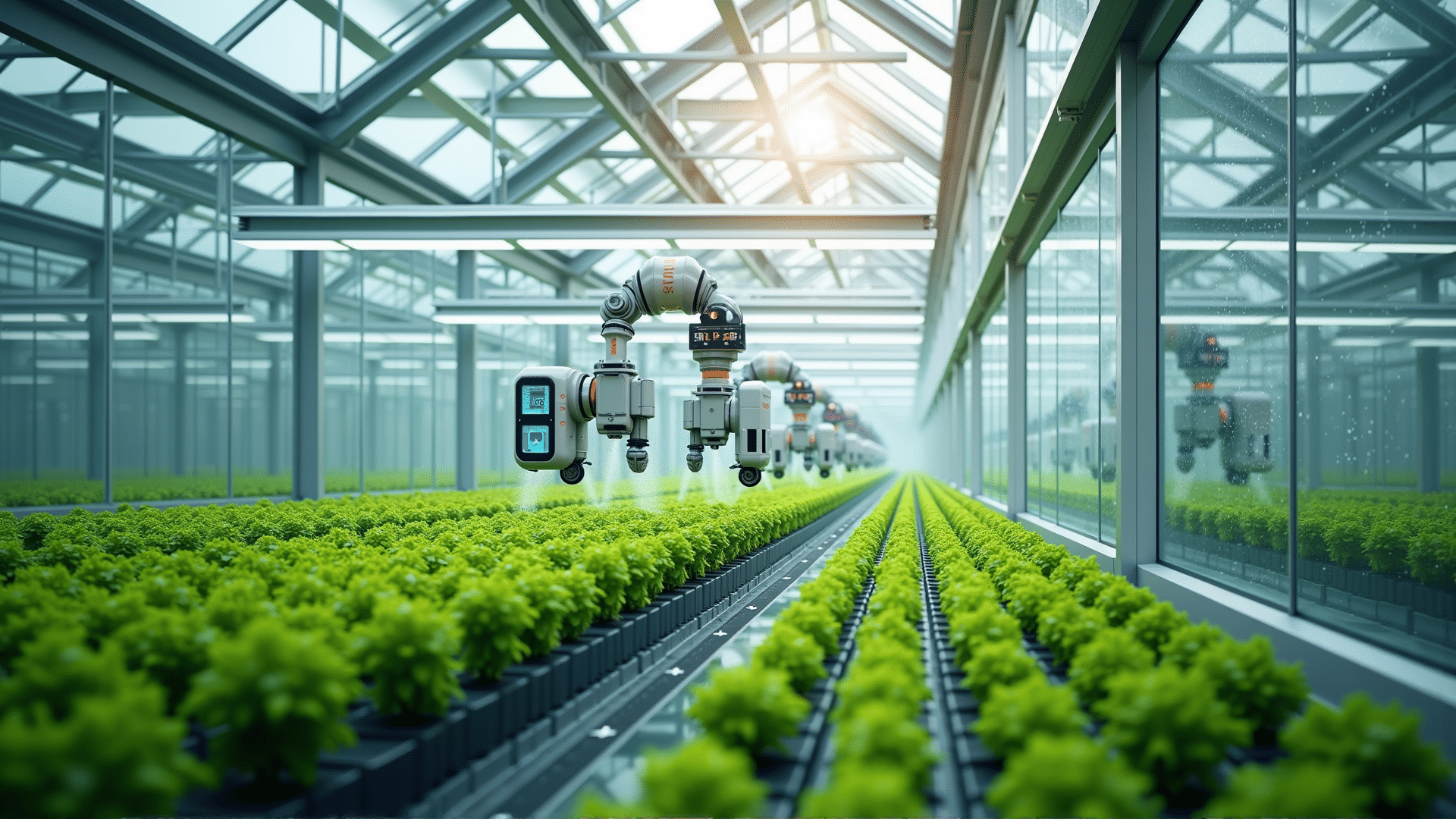In the ever-evolving landscape of agriculture, 2024 has emerged as a landmark year for innovations in crop technologies. As the sector faces growing challenges such as climate change, resource scarcity, and the need for sustainable food production, technological advancements are providing new solutions that promise to revolutionize farming practices worldwide. From genetic modifications to cutting-edge machinery, these innovations are paving the way for a more efficient, resilient, and sustainable agricultural future.
One of the most significant innovations in 2024 is the development and implementation of new genetic modification techniques. Building on the success of CRISPR and other gene-editing technologies, researchers have developed refined methods that allow for precise alterations in crop genomes. This precision at the molecular level enables the creation of crop varieties that are more resistant to diseases and pests, tolerant to extreme weather conditions, and capable of achieving higher yields with fewer inputs. For instance, new drought-resistant corn varieties are now able to thrive in regions previously considered unsuitable for cultivation, thereby opening up new areas for agricultural production.
Another groundbreaking advancement is the integration of artificial intelligence and machine learning in crop management. Sophisticated AI tools are now being used to analyze vast data sets, including weather patterns, soil conditions, and crop health indicators, to provide farmers with real-time insights and recommendations. This technology enables farmers to make informed decisions about planting, irrigation, fertilization, and pest control, optimizing resource use and maximizing yields. AI-powered drones and robots are also being deployed to monitor crops from the air and ground, further enhancing precision farming techniques.
In addition to these digital tools, state-of-the-art machinery is transforming the physical labor associated with traditional farming. Autonomous tractors and harvesters equipped with advanced sensors and GPS technology are becoming a common sight in fields. These machines are capable of operating around the clock, increasing productivity while reducing labor costs. Moreover, smart irrigation systems are utilizing sensors and IoT connectivity to deliver water efficiently and precisely to plants, minimizing waste and conserving vital resources.
Vertical farming and hydroponics have also gained significant traction in 2024, addressing the need for sustainable urban agriculture. By growing crops in vertically stacked layers or using nutrient-rich water solutions, these systems allow for high-density food production in urban environments where space is limited. Not only do these methods reduce the need for pesticides and fertilizers, but they also significantly cut down on transportation emissions by localizing food production closer to consumers.
Sustainability remains a core focus of these innovations, with many technologies designed to reduce environmental impact. For example, advances in biodegradable plastics and eco-friendly packaging materials are revolutionizing post-harvest handling and reducing agricultural waste. Renewable energy sources, such as solar and wind power, are also being integrated into farms to minimize reliance on fossil fuels, thus promoting energy independence and reducing carbon footprints.
In conclusion, the innovative crop technologies of 2024 are setting the stage for a transformed agricultural paradigm. Through genetic advancements, AI integration, precision machinery, and sustainable practices, the future of farming is becoming more efficient and environmentally conscious. As these technologies continue to develop and become more accessible, they hold the potential to address some of the most pressing challenges facing global food security and environmental sustainability. By embracing these changes, the agricultural sector is poised to meet the demands of a growing population while safeguarding the planet's resources for future generations.
